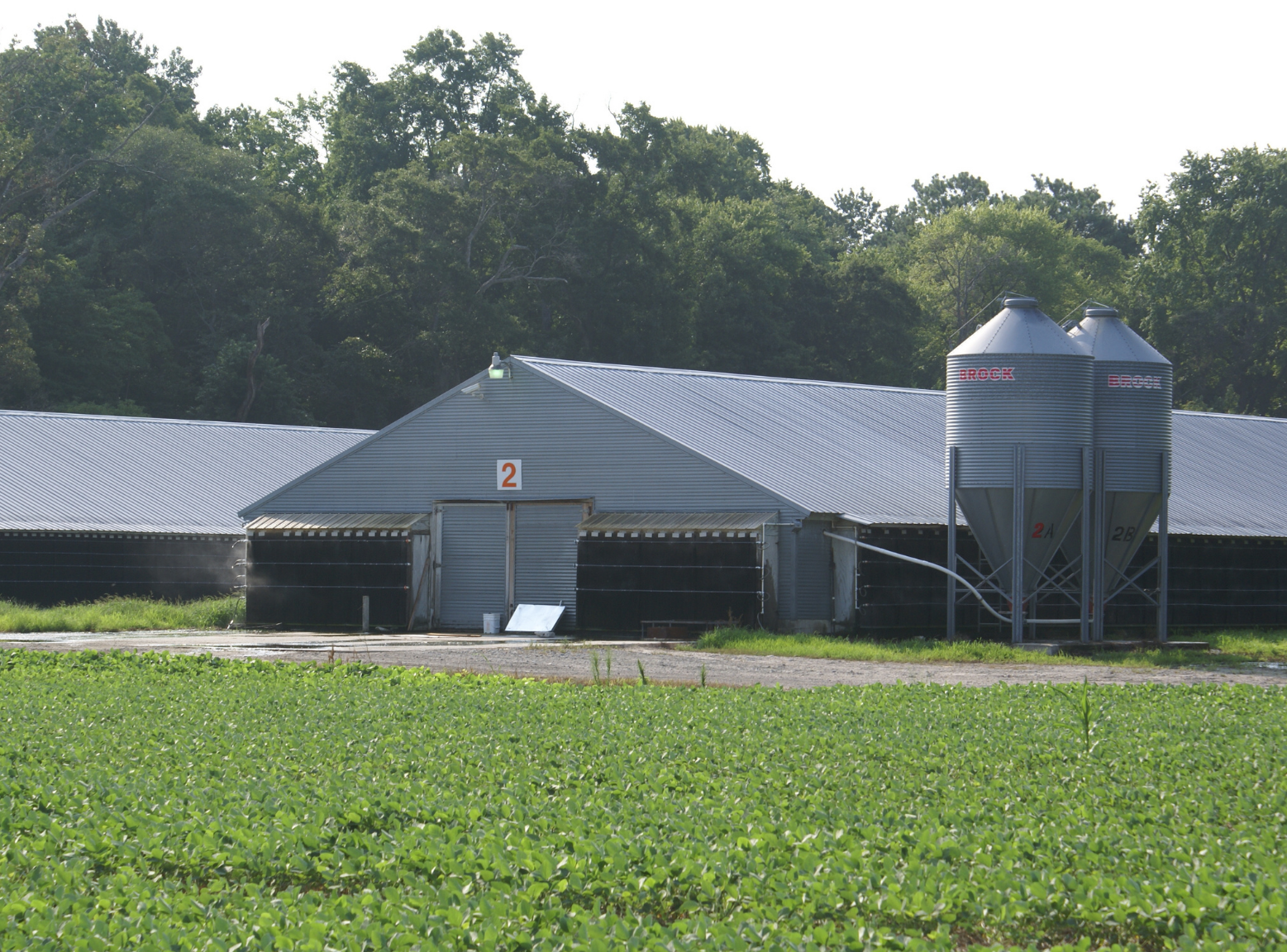First Case Of Avian Influenza Detected On Kent County, Delaware farm
Department of Agriculture | Date Posted: Thursday, March 17, 2022
Department of Agriculture | Date Posted: Thursday, March 17, 2022

DOVER, Del. (March 17, 2022)— Federal laboratory testing has confirmed a highly pathogenic H5N1 avian influenza (HPAI) case in a commercial broiler farm in Kent County, Delaware. Following an investigation by the Delaware Department of Agriculture and the U.S. Department of Agriculture’s (USDA) National Veterinary Services Laboratory confirmed poultry from this farm tested positive for highly pathogenic H5N1 avian influenza (HPAI).
This avian influenza detection follows previously announced cases on farms in New Castle County, Delaware, and Cecil and Queen Anne’s Counties, Maryland. Following these cases, federal and state partners have greatly expanded their surveillance sampling and testing regimen to better protect the poultry industry on the Delmarva Peninsula.
State officials have quarantined all affected premises, and the birds have been depopulated to prevent the spread of the disease. Birds from affected flocks will not enter the food system.
There is currently minimal risk to public health as there have been no human cases of HPAI in the United States. Avian influenza does not affect poultry meat or egg products, which remain safe to eat.
Avian influenza is a highly contagious airborne respiratory virus that spreads quickly among birds through nasal and eye secretions and manure. The virus can be spread in various ways from flock to flock, including by wild birds, through contact with infected poultry, by equipment, and on the clothing and shoes of caretakers. This virus affects poultry, like chickens, ducks, turkeys, and wild bird species such as ducks, geese, shorebirds, and raptors.
Considering this new case and the prevalence of the virus in the wild bird population, all poultry owners need to increase their vigilance in protecting their flocks from contracting avian influenza by following these steps:
If You Have Sick Poultry or Experience Increased Mortality in Your Flock:
###
Additional Information:
For all media requests about HPAI, email: JIC@delaware.gov
Due to biosecurity concerns, no on-site interviews, photos, or videos are allowed. For more information on avian influenza, visit https://de.gov/poultry or https://mda.maryland.gov/AvianFlu.
Keep up to date by receiving a daily digest email, around noon, of current news release posts from state agencies on news.delaware.gov.
Here you can subscribe to future news updates.
Department of Agriculture | Date Posted: Thursday, March 17, 2022

DOVER, Del. (March 17, 2022)— Federal laboratory testing has confirmed a highly pathogenic H5N1 avian influenza (HPAI) case in a commercial broiler farm in Kent County, Delaware. Following an investigation by the Delaware Department of Agriculture and the U.S. Department of Agriculture’s (USDA) National Veterinary Services Laboratory confirmed poultry from this farm tested positive for highly pathogenic H5N1 avian influenza (HPAI).
This avian influenza detection follows previously announced cases on farms in New Castle County, Delaware, and Cecil and Queen Anne’s Counties, Maryland. Following these cases, federal and state partners have greatly expanded their surveillance sampling and testing regimen to better protect the poultry industry on the Delmarva Peninsula.
State officials have quarantined all affected premises, and the birds have been depopulated to prevent the spread of the disease. Birds from affected flocks will not enter the food system.
There is currently minimal risk to public health as there have been no human cases of HPAI in the United States. Avian influenza does not affect poultry meat or egg products, which remain safe to eat.
Avian influenza is a highly contagious airborne respiratory virus that spreads quickly among birds through nasal and eye secretions and manure. The virus can be spread in various ways from flock to flock, including by wild birds, through contact with infected poultry, by equipment, and on the clothing and shoes of caretakers. This virus affects poultry, like chickens, ducks, turkeys, and wild bird species such as ducks, geese, shorebirds, and raptors.
Considering this new case and the prevalence of the virus in the wild bird population, all poultry owners need to increase their vigilance in protecting their flocks from contracting avian influenza by following these steps:
If You Have Sick Poultry or Experience Increased Mortality in Your Flock:
###
Additional Information:
For all media requests about HPAI, email: JIC@delaware.gov
Due to biosecurity concerns, no on-site interviews, photos, or videos are allowed. For more information on avian influenza, visit https://de.gov/poultry or https://mda.maryland.gov/AvianFlu.
Keep up to date by receiving a daily digest email, around noon, of current news release posts from state agencies on news.delaware.gov.
Here you can subscribe to future news updates.